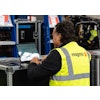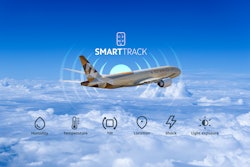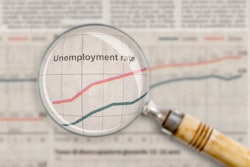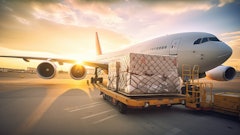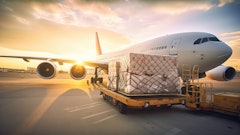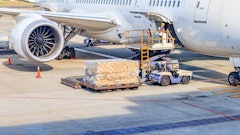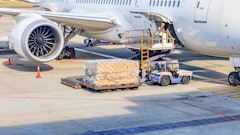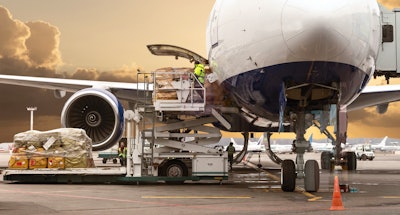
The International Air Transport Association (IATA), in partnership with Worley Consulting, published a study demonstrating that sufficient sustainable aviation fuel (SAF) feedstock exists to enable the airline industry to achieve net zero CO2 emissions by 2050.
“We now have unequivocal evidence that if SAF production is prioritized, then feedstock availability is not a barrier in the industry’s path to decarbonization. There is enough potential feedstock from sustainable sources to reach net zero carbon emissions in 2050. However, this will only be accomplished with a major acceleration of the SAF industry’s growth. We need shovels in the ground now,” says Willie Walsh, IATA’s director general.
Key takeaways:
• The slow pace of technology rollout would enable SAF to be produced from varied sources. Currently the only commercially scaled SAF production facilities use HEFA technology, for example converting used cooking oil into SAF.
• Another challenge is the competition with other potential users of the same feedstock. Policies allocating biomass feedstock to hard-to-abate sectors such as aviation must be prioritized. Airlines will need 500 million tons (Mt) of SAF to achieve net zero carbon emissions by 2050, as outlined in the IATA Net Zero Roadmaps. This can be achieved from biomass (which has the potential to produce more than 300 Mt of bio-SAF annually by 2050) and power-to-liquid, (which will be required to reach 500 Mt of SAF production annually by 2050).
• There are sufficient sustainable feedstocks and SAF production technologies to decarbonize aviation and meet the net zero carbon emissions goal by 2050.
• With the right policies and investments, more than 300 Mt of SAF from biomass feedstocks could be produced annually by mid-century and around 200 Mt from e-SAF.
“The report highlights the local and regional opportunities for SAF production to create jobs, stimulate economies and support energy security goals. Governments, energy producers, investors, and the aviation sector must work together, de-risk investment, and accelerate rollout. Policy certainty and cross-sector collaboration are essential to unlock the scale we need. The time to act is now—delays will only make the challenge harder,” says Marie Owens Thomsen, IATA’s SVP sustainability and chief economist.

